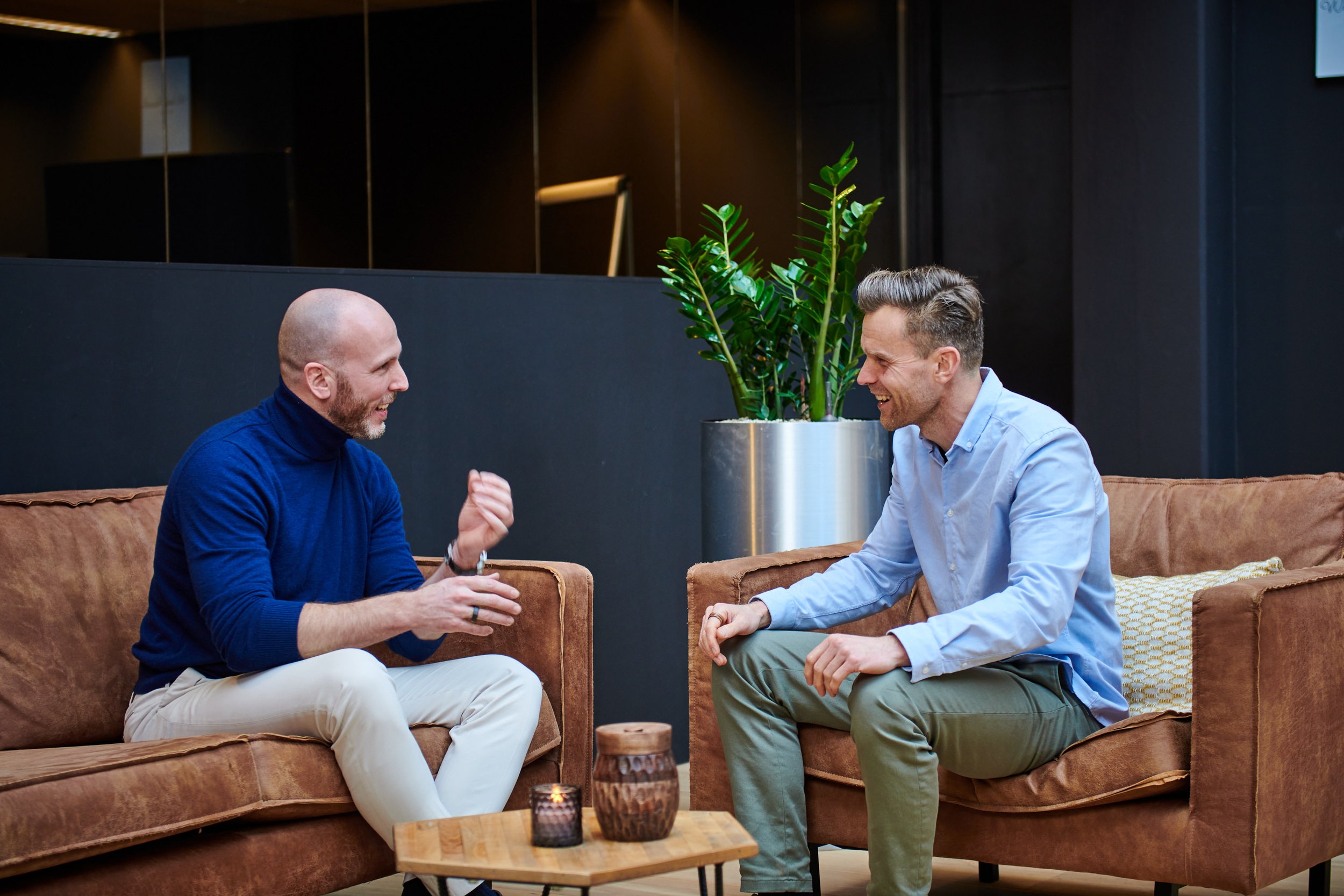Philips Subscriptions: Pioneering Product-as-a-Service in Consumer Electronics
A Legacy of Innovation Meets the Subscription Economy
Philips, a company with over a century of history in electronics and healthcare innovation, has in recent years made bold moves into the subscription economy. This shift represents not just a new business model, but a fundamental rethinking of the relationship between consumers, products, and sustainability.
Historical Context
Founded in 1891 as a manufacturer of carbon-filament lamps, Philips has long been at the forefront of technological innovation. From pioneering radio technology in the 1920s to co-developing the compact disc in the 1980s, the company has consistently evolved to meet changing consumer needs and technological possibilities.
In the 21st century, Philips has increasingly focused on healthcare technology while maintaining a strong presence in consumer electronics. This dual focus has positioned the company uniquely to explore subscription models that bridge health, wellness, and everyday consumer needs.
The Shift to Subscriptions
Philips' move into subscriptions reflects broader trends in consumer behavior and business strategy:
Changing Consumer Preferences: Modern consumers often prioritize access over ownership, valuing flexibility and reduced upfront costs.
Sustainability Imperative: There's growing awareness of the environmental impact of electronic waste, driving interest in circular economy models.
Recurring Revenue Model: Subscriptions offer businesses more predictable revenue streams and ongoing customer relationships.
Data-Driven Insights: Connected devices and subscription services provide valuable data on product usage and consumer behavior.
Key Philips Subscription Offerings
Lumea IPL Hair Removal Device:
Launched as a "Try & Buy" subscription model
Allows customers to use the device for a monthly fee
Option to purchase outright or return after the subscription period
Sonicare Toothbrush Subscription:
Regular delivery of replacement brush heads
Ensures optimal oral hygiene through timely replacements
Avent Breast Pump Rental:
Short-term rentals for new mothers
Provides access to high-quality equipment without long-term commitment
Benefits and Challenges
Benefits:
Increased accessibility to premium products
Reduced electronic waste through product refurbishment
Closer customer relationships and data-driven insights
Alignment with sustainability goals
Challenges:
Managing product returns and refurbishment logistics
Educating consumers on the value of subscription models
Balancing subscription offerings with traditional sales channels
The Recurrent Perspective
As consultants specializing in recurring revenue models, we see Philips' subscription initiatives as a bold and necessary step in the evolution of consumer electronics. The company is effectively addressing several key trends:
Total Monetization: By offering both purchase and subscription options, Philips is maximizing its ability to capture value across different customer segments and preferences.
Circular Economy Integration: The subscription model, particularly for products like Lumea, enables Philips to implement circular practices by refurbishing and redeploying returned devices.
Customer-Centric Innovation: These offerings reflect a deep understanding of customer needs, from the temporary nature of breast pump requirements to the ongoing need for toothbrush maintenance.
Data-Driven Growth: Subscription models provide Philips with valuable data on product usage and customer behavior, enabling continuous improvement and personalization.
Looking Ahead
Philips' venture into subscriptions is still in its early stages, but it represents a significant shift for a company of its size and heritage. As the subscription economy continues to evolve, we expect to see:
Expansion of subscription offerings across more product lines
Integration of AI and IoT technologies to enhance subscription experiences
Increased focus on sustainability metrics and circular economy principles
Potential collaborations with healthcare providers to offer integrated health and wellness subscriptions
By embracing subscription models, Philips is not just changing its business model – it's reimagining the future of consumer electronics in a more sustainable, accessible, and customer-centric way. This transformation offers valuable lessons for other established companies looking to thrive in the subscription economy.


